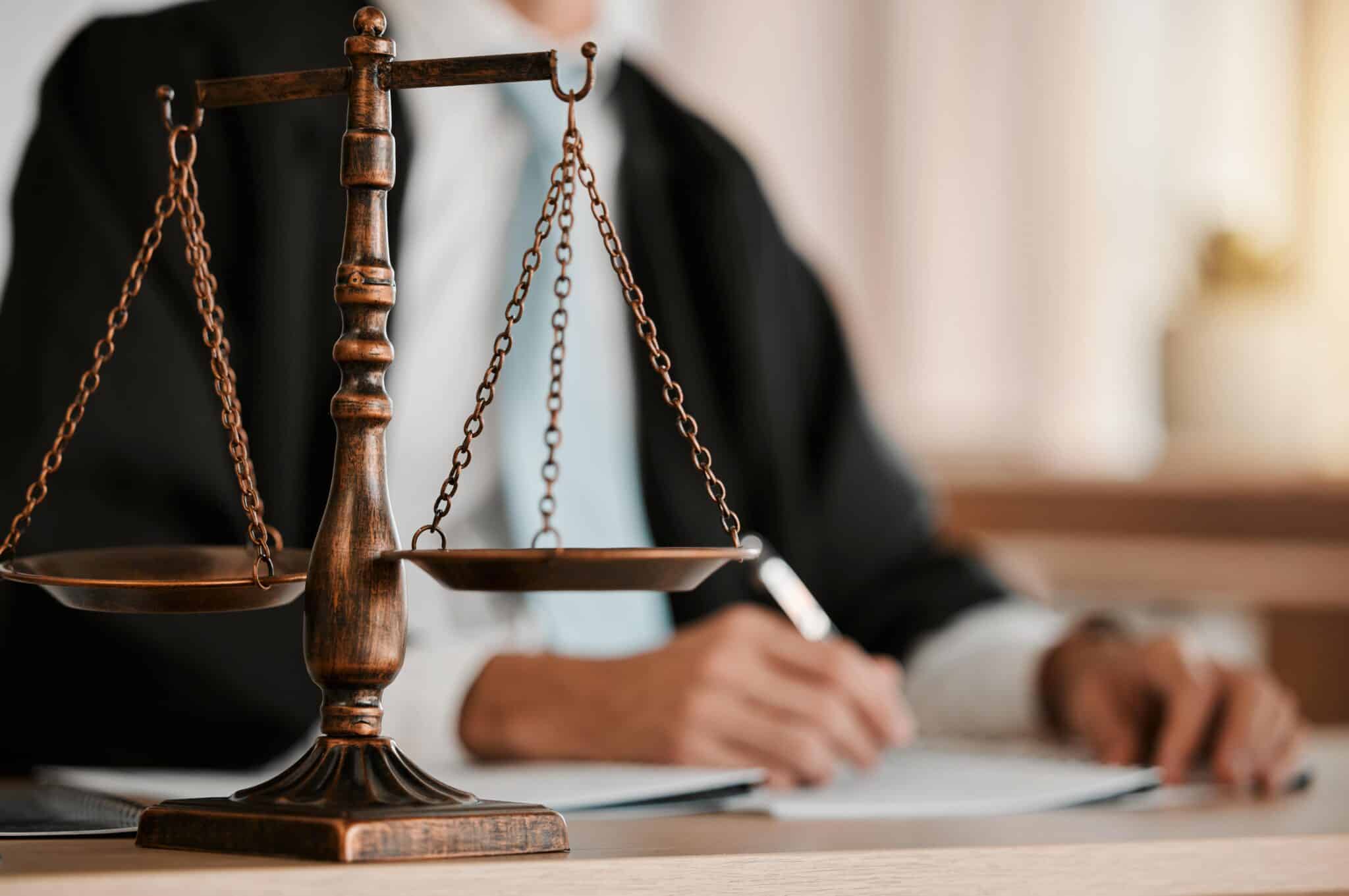
How to Drop Domestic Violence Charges in Maryland
When it comes to domestic violence cases in Maryland, many individuals are surprised to learn that once charges are filed, the decision to drop them is largely out of the hands of the victim. This can be frustrating for both the accused and the person who initially made the complaint, especially if they reconcile or realize the situation was misunderstood. However, understanding how the legal system works in these cases can provide clarity on what steps can be taken to seek dismissal.
The Role of the Prosecutor
In Maryland, domestic violence cases are treated with a high level of seriousness. Once charges are filed, the prosecutor, not the victim, controls the decision to proceed or drop the case. This is because the state has a vested interest in prosecuting crimes, especially those involving domestic violence, to protect victims and prevent future incidents.
Prosecutors are often hesitant to drop domestic violence charges, even if the victim no longer wishes to pursue the case. This is due to the concern that the victim may be under pressure to recant or is afraid of retaliation. They aim to ensure that justice is served and that victims are not coerced into dropping the charges. As a result, simply asking for charges to be dropped is rarely enough.
Victim Recantation: What Happens?
While a victim can express a desire to drop charges, this alone does not guarantee the case will be dismissed. Prosecutors can still move forward if they believe there is enough evidence to convict. Maryland law enforcement often relies on evidence such as 911 calls, witness statements, and photographs of injuries. Even without the victim’s testimony, the state may build a case based on this evidence.
However, if a victim wishes to change their statement, they can provide a written affidavit to the prosecutor, explaining why they no longer wish to proceed. This is known as a “victim recantation.” The prosecutor may consider this, but they will thoroughly evaluate whether the recantation is genuine or motivated by external pressures.
Legal Avenues for Dismissal
Although dropping domestic violence charges is challenging, several legal strategies may help in securing a dismissal or reduction of charges:
- Lack of Evidence: If the evidence supporting the charges is weak, your defense attorney can argue for dismissal. Without strong evidence, the prosecutor may have no choice but to drop the case. For example, if there were no witnesses, no visible injuries, or contradictory statements, your attorney can challenge the reliability of the evidence.
- Challenging the Probable Cause: Your defense attorney can argue that the arresting officers did not have sufficient probable cause to make the arrest. This is often applicable when the allegations stem from a verbal dispute with no physical altercation, making it harder for the prosecution to proceed with the charges.
- Pretrial Diversion Programs: In some cases, individuals accused of domestic violence may be eligible for a pretrial diversion program, which allows for the case to be dismissed if the defendant completes certain requirements, such as attending anger management classes or community service.
- Negotiating a Plea Deal: In cases where the prosecutor insists on moving forward, your defense attorney may be able to negotiate a plea deal that reduces the charges or penalties. This is often a strategic move when the evidence is more difficult to refute but both parties wish to resolve the matter without going to trial.
Why You Need Legal Representation
Because the decision to drop domestic violence charges in Maryland is in the hands of the prosecutor, having a skilled criminal defense attorney is crucial. An experienced lawyer will work to present the best possible defense, negotiate with prosecutors, and advocate for the dismissal of charges where possible.
At Southern Maryland Criminal Defense, we understand the complexities of domestic violence cases and the emotional strain they can place on individuals and families. We will thoroughly examine the facts of your case, identify weaknesses in the prosecution’s evidence, and develop a strategy to achieve the best possible outcome.
Conclusion
Dropping domestic violence charges in Maryland is not a straightforward process, and it requires navigating a legal system that prioritizes the protection of victims. While victims can express their desire to drop charges, the final decision rests with the prosecutor. Therefore, it’s important to work with an experienced attorney who understands the intricacies of domestic violence laws and can effectively advocate on your behalf.
If you or a loved one is facing domestic violence charges, contact us today for a consultation. We are dedicated to protecting your rights and helping you navigate the legal process to seek a resolution that protects your future.
